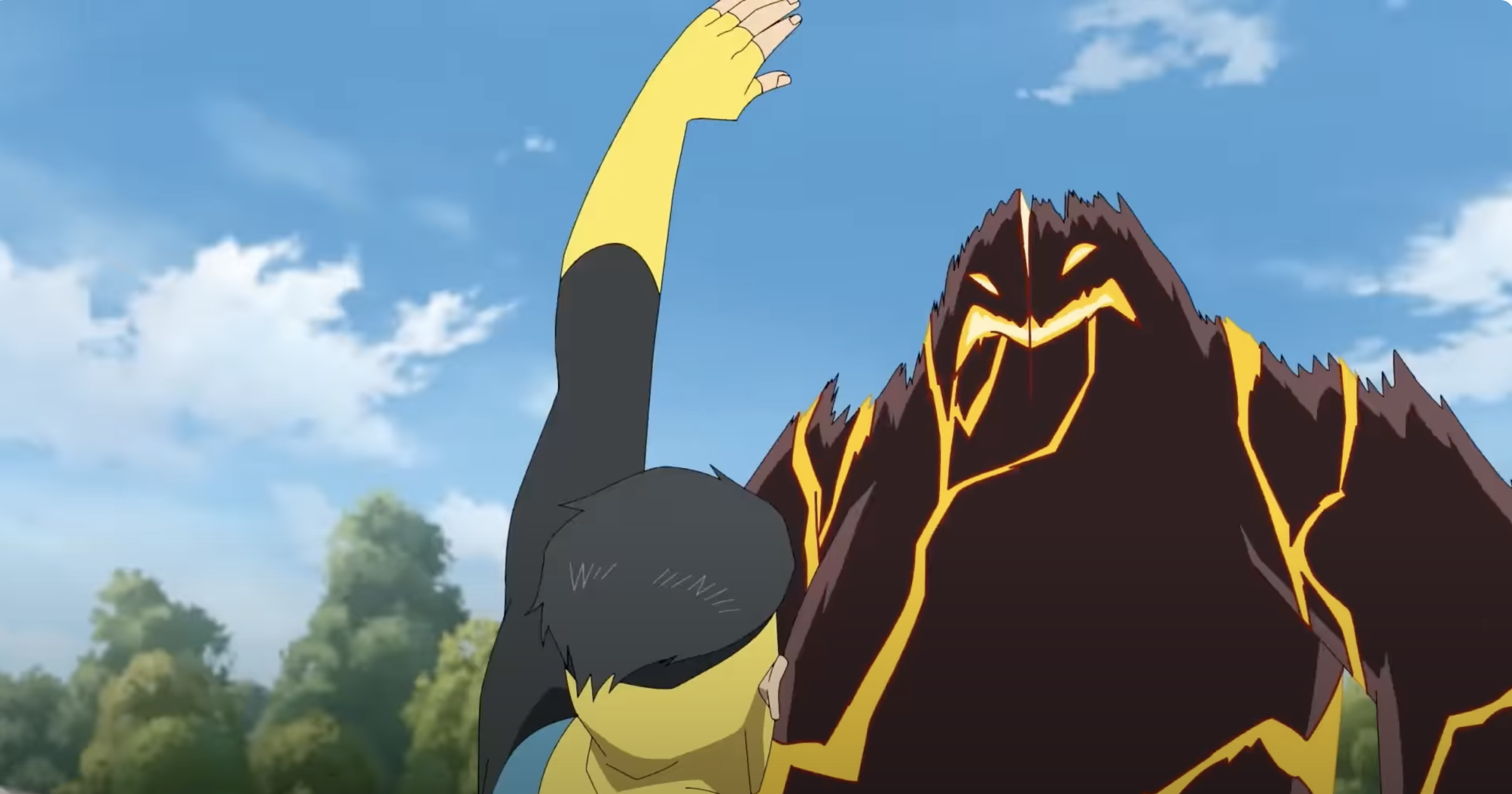The long-awaited second season of Invincible has finally been released after a more than two-year wait (barring the wonderful special episode centred on Atom Eve’s origin), and yet it arguably could not have come at a better or more pivotal time. With Gen V season 1 having just come to an end last week and The Boys still a way away, Invincible fills the R-rated void left by these shows. Still, even more importantly, these shows, among others, highlight the ascension of superhero television while its movie counterparts noticeably struggle as they go through something of a transitionary period.
Before moving on, allow me to clarify one thing: superhero movies are not going anywhere. They’ve been around since the 1960s and found their place theatrically in 1978 with the release of Richard Donner’s Superman, led by Christopher Reeves’ iconic performance. The genre has certainly ebbed, flowed, and evolved in the decades since, with many seminal releases such as Tim Burton’s Batman, Sam Raimi’s Spider-Man and its sequel, Christopher Nolan’s Dark Knight trilogy, and the X-Men franchise contributing to superhero cinema in defining ways. However, perhaps besides Donner’s Superman, no shift was as significant as what followed the Robert Downey Jr.-led Iron Man in 2008, which effectively launched the Marvel Cinematic Universe, or MCU, as it is more commonly abbreviated.
What followed was a fanboy’s dream where the serialized structure of comics made its way into cinematic adaptation, forming one big, shared universe that brought to life characters fans could never have imagined or predicted. It didn’t take long for others to take notice either, such as DC and the Harry Potter franchise, which tried their hands at the shared universe concept to mixed results, while for over ten years the MCU maintained the gold standard of the genre, not only becoming the most profitable franchise of all time but also telling one of the most consistently compelling story arcs in cinematic history with its “Infinity Saga”, which spanned twenty-three films in total.
However, it has largely been downhill for Marvel and the MCU since, prioritizing quantity over quality and squandering numerous opportunities in its dealings with the multiverse, a concept I was majorly excited about, yet I have been largely disappointed with this era’s overall lack of direction. What once seemed bulletproof is now showing its cracks, especially if the latest box office projections for The Marvels are to be believed. A reckoning has come, superhero fatigue is real, and to the credit of those behind Marvel and DC, they see the writing on the wall and are making what seem to be the right moves to pivot in this new climate. Marvel is actively changing their movie-making culture, which first became apparent with the scrapping of much of what they had already shot for the upcoming Daredevil: Born Again, while DC hired James Gunn and Peter Saffran to reboot the DC universe as a whole, and their slate of planned projects are nothing to scoff at.
Meanwhile, superhero television is soaring high and has been for the past few years. I have written extensively about The Boys and its spin-offs The Boys Presents: Diabolical and Gen V, which arguably boasts the best-extended universe in television, The Walking Dead be damned. The aforementioned second season of Invincible is only one episode in but is already masterfully following up what is surely one of the best seasons of superhero television ever made. The same can be said of the 2019 Watchmen miniseries on HBO, which is certainly one of the best limited-run shows to be released in recent years, and also stands as the comic book adaptation with the most top-tier awards ever, having won a total of eleven Emmys of out twenty-six nominations. Meanwhile, the most Oscars ever won by a superhero movie was three for Black Panther, although I concede that there’s a greater pool of awards to be won on television.
Even Marvel and DC’s everchanging focus on the TV spectrum over the years speaks volumes of its suitability for comic book adaptation.
Marvel’s Defenders TV shows on Netflix – aside from the oddly horrendous Iron Fist – were ahead of their time, particularly for their deep themes and surprisingly violent content, with Daredevil, in particular, being one of the best superhero shows ever made. Marvel now seems to recognize that their longstanding fans have grown up and crave more mature content, and as such have already noted that the upcoming show Echo, which also features Daredevil’s Kingpin (Vincent D’Onofrio), will see Marvel lean into more violent content once again, and their movies are making a similar transition, as Deadpool 3 has already been confirmed as the MCU’s first R-rated feature, while the upcoming Blade adaptation starring Mahershala Ali has just been confirmed as their second.
While the MCU boasts a large library of excellent feature films, the same cannot be said of DC since it launched its extended universe, and a great deal of its best content in recent years has been with television shows both in and outside of its soon-to-be-defunct universe, such as Doom Patrol, Peacemaker, Harley Quinn, all of which have received noticeable acclaim.
Superhero cinema’s roots originated on television during the 1950s, and today things have almost come full circle as television seems to be reestablishing itself as the foremost medium for superheroes and comic book adaptations. While superhero movies have been in something of a slump, it’s comforting that both DC and Marvel have learned from their past successes and are adapting to a shifting environment where the best superhero content being produced has a certain edge to it, and it’s largely been on television.

